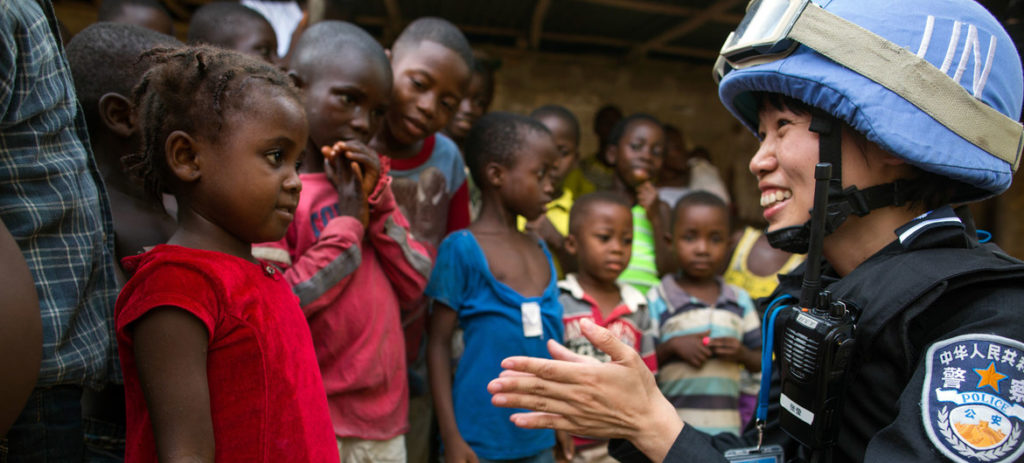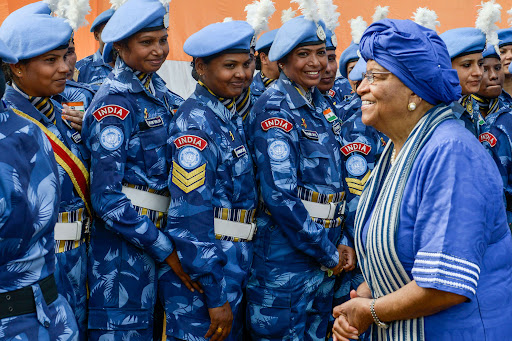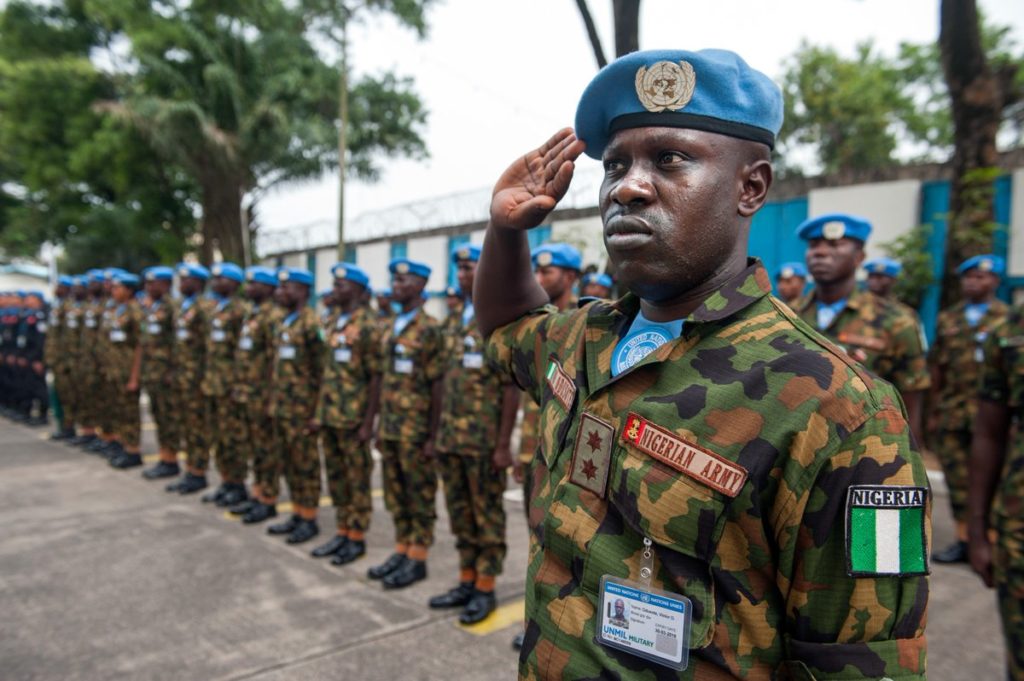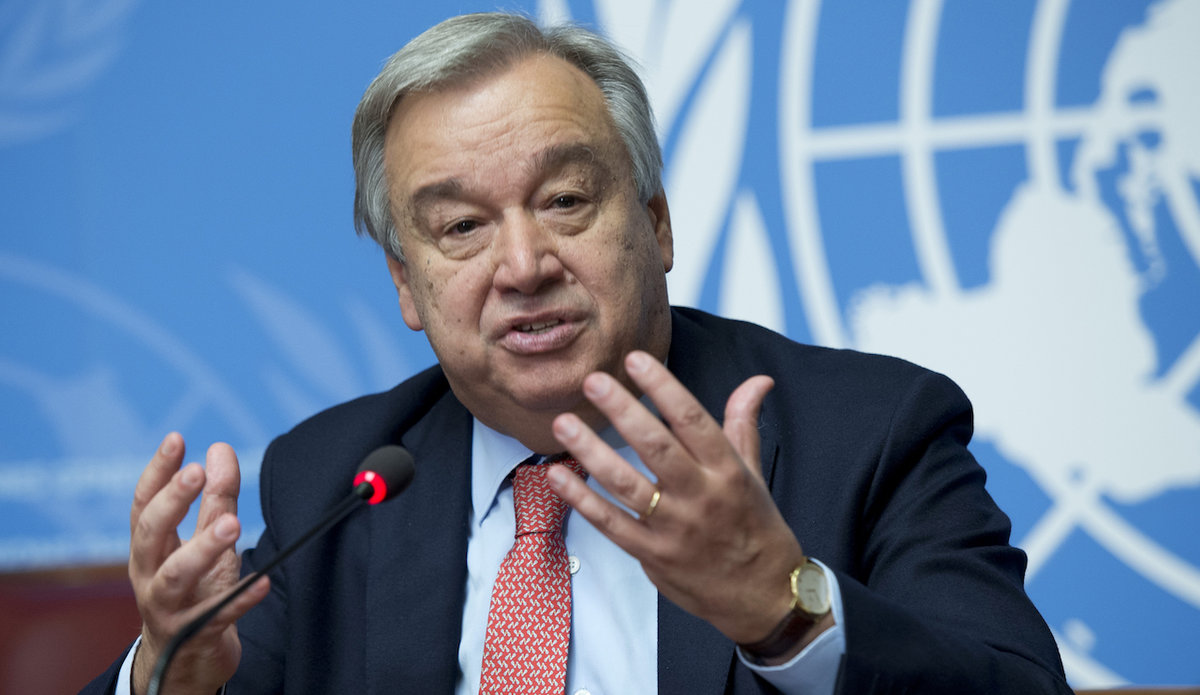The Secretary-General of the United Nations António Guterres in a recent discussion on Peace and Security shared four lessons learned from the UN’s experience in peacekeeping and peacebuilding, including in the Democratic Republic of the Congo, Sudan and Liberia.
He said the path to a successful post-conflict transition begins when a mission first arrives in a country. “Success depends on early and sustained collaboration among field missions, host governments, UN Country Teams, and local and global partners. And it depends on building trust with the people and communities we are there to serve,” he said.
Excitement and risk
The Secretary-General has put consolidating peace, building resilience and averting a slide back into war, at the heart of his agenda for prevention, in line with the Action for Peacekeeping (A4P) initiative launched three years ago.
The next phase, A4P Plus, announced in March, focuses on key areas to help countries protect hard-won gains after UN missions have completed their mandates.
“The drawdown of UN peacekeeping can be an exciting moment for a country emerging from conflict, and looking forward to peace. But it is also a moment of heightened risk.”
“Years of peacebuilding and protection gains are at stake. Global attention and focus can wane – including perhaps the focus of this Council.”
Sustained engagement
Among the top lessons the UN has learned is that political engagement needs to be sustained throughout the transition and beyond. The Secretary-General said this includes intensifying collaboration with local and national governments to rebuild vital systems. National leadership and ownership of the transition process is also important, and central to A4P Plus, he added, underscoring the critical role of stakeholders in sustaining lasting peace.
We want to make sure that national government institutions, partners and civil society groups – especially those representing women, minorities and young people – are all working together to carry peace forward and build truly representative, responsive and accountable institutions

The closure of a UN mission often coincides with shrinking foreign aid flows, and this “financial cliff” could jeopardize fragile peace and development efforts. While the UN Peacebuilding Fund aims to partially close these gaps, the Secretary-General highlighted the need for increased financing.
Protecting vulnerable civilians
The final lesson learned addressed supporting national authorities in building stronger security and protection systems. “When a UN mission closes, the risks to civilians and vulnerable groups do not simply vanish,” said Mr. Guterres. “We need to ensure that parties to conflict live up to their obligations under international law. And we need the help of this Council to address any remaining threats to civilians.”
When a UN mission closes, the risks to civilians and vulnerable groups do not simply vanish
Lessons from Liberia
Liberia’s former President, Ellen Johnson Sirleaf, also shared how more than 15 years of UN peacekeeping contributed to the current peace in her homeland. The UN Mission in Liberia (UNMIL), which closed in 2018, was established following two civil wars that claimed nearly 250,000 lives. At its height, more than 180,000 peacekeepers, 16,000 police officers, and 24,000 civilian staff, worked there, she said.

Mrs. Johnson Sirleaf recommended that transition plans must recognize the specificities and special circumstances of countries, and that they must be flexible.
Like the Secretary-General, she also underscored how the process must be nationally owned, as well as integrated, coherent and sustainable. “One way the Security Council can support these important ingredients for success is to include same in the mission’s mandate and further require that they be considered in the regular briefings and update reports of the Mission to the Council,” she said.
Focus on prevention
“Specific measurable activities, including with civil society organizations, as well as women and youth groups, ought to be developed, supported, monitored and reported on, as part of the UN Mission’s overall intervention reports to you, the Council,” she added.
Specific measurable activities, including with civil society organizations, as well as women and youth groups, ought to be developed, supported, monitored and reported on
Mrs. Johnson Sirleaf also stressed the importance of early engagement in peacebuilding and conflict resolution, in light of the substantial costs of peacekeeping operations. She noted that nearly $8 billion was spent in Liberia.

“Arguably, with a new focus, we may likely spend less in preventing conflicts, for instance, in Cameroon and Myanmar, where the warning sounds are growing precariously louder and louder,” she said.






